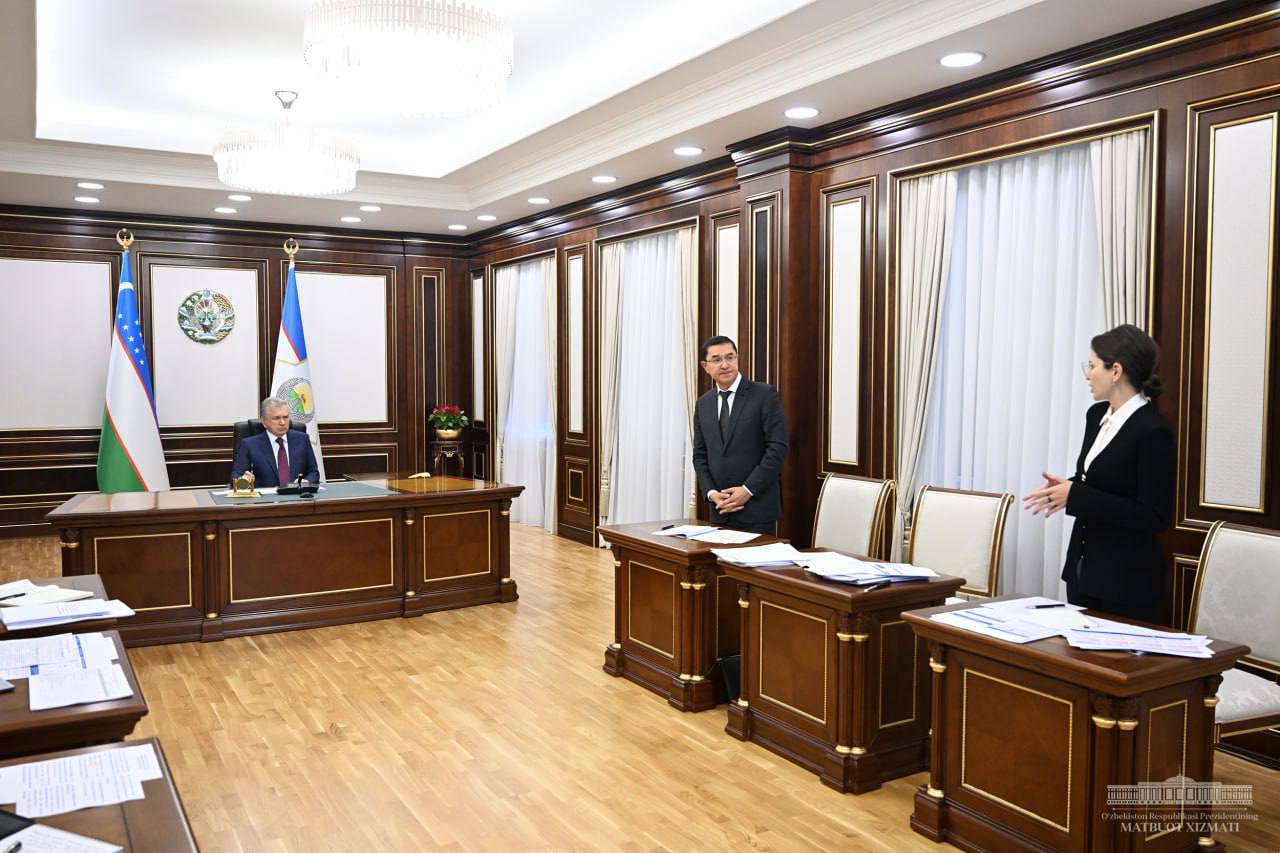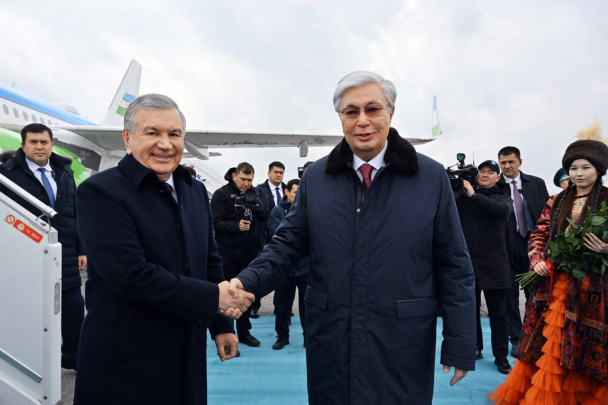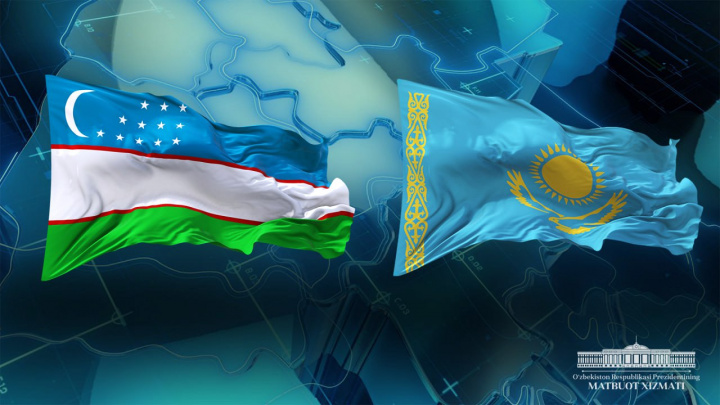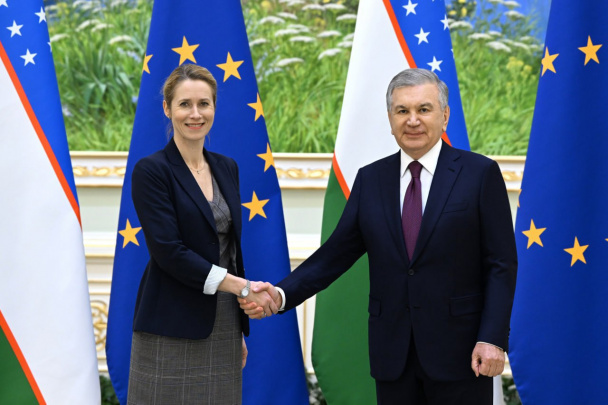Platform for connecting customers with freelancers to be created in Uzbekistan
Entrepreneurs who hired people in need will receive tax incentives.

Photo: Presidential press service
Uzbekistan will create an online platform for connecting customers with homemakers and freelancers, the press service of the head of state reports.
Since 2020, the republic has taken financial and organizational measures and introduced a system in the field of social protection, which has improved the living conditions of more than 3 million people. As a result, the poverty rate fell from 17 to 11%.
The President instructed to reduce the poverty rate to 7% in three years, noting the lack of clear criteria for its definition, a holistic approach to lifting families out of poverty and the distribution of funds.
Based on the analysis, poverty criteria and an address list will be formed, which will include persons from the Unified Register of Social Protection and families at high risk of falling into poverty.
Such status will be approved by the mahalla-7 and activists through a vote. All social services and assistance aimed at lifting out of poverty are provided by "Inson" ("Human") centers.
To study poverty factors, a single questionnaire in the field of social protection and employment will be developed in eight areas.
Based on the survey, family opportunities will be assessed and classified into three categories, and individual approaches and assistance will be applied to each family.
A list of high-poverty mahallas will also be formed. The National Agency for Social Protection and administrations will select 50 such mahallas annually and work to turn them into a 'territory free from poverty and unemployment'.
Shavkat Mirziyoyev criticized the lack of a unified approach in the distribution of funds allocated to fight poverty.
From now on, the distribution of funds will be carried out by the agency and administrations in the context of regions, districts and mahallas based on the number of low-income families.
Poverty reduction programs will be monitored in three stages - at the level of a mahalla or district, region and republic. In addition, public control in this direction will be strengthened.
Entrepreneurs who hired people in need will receive tax incentives. In turn, vacancies will be completely digitized.
In addition, "Ishga marhamat" monocenters plan to provide training to low-income citizens in modern professions in the service sector.
Related News

15:35
Mirziyoyev and Tokayev hold informal talks at Medeu ski complex

15:47 / 28.03.2025
Shavkat Mirziyoyev to visit Almaty on March 29 for a working visit

11:42 / 28.03.2025
Shavkat Mirziyoyev and Kaja Kallas discuss strengthening Uzbekistan-EU relations

12:42 / 22.03.2025



